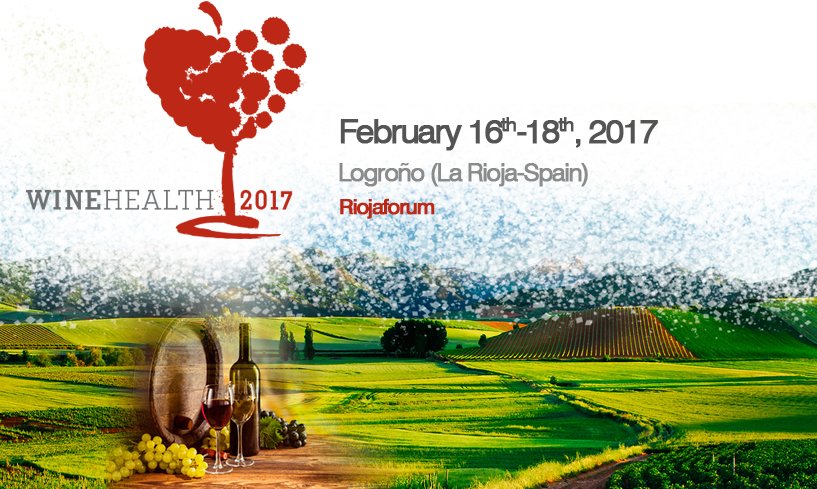
Details on www.oiv.int « OIV AWARD JURY and OIV AWARDS »
For any further information : jurydesprix@oiv.int
Journals, advertising and commercial documents are not accepted.
An award-winning book or not awarded book will not be presented to the Jury a second time.
New submission forms
« Form_Inscription_Livre_Book_JdP_2017.pdf »:
- Paper printed books and / or .PDF format / Kindle in the 10 categories.
« Form_Inscription_numeric_JdP_2017.pdf »:
- Interactive digital format only in the first five categories (1-Viticulture, 2-Œnology, 3-Vitivinicultural Economy and Law, 4-History, Litterature and Fine Arts, 5-Wine and Health).
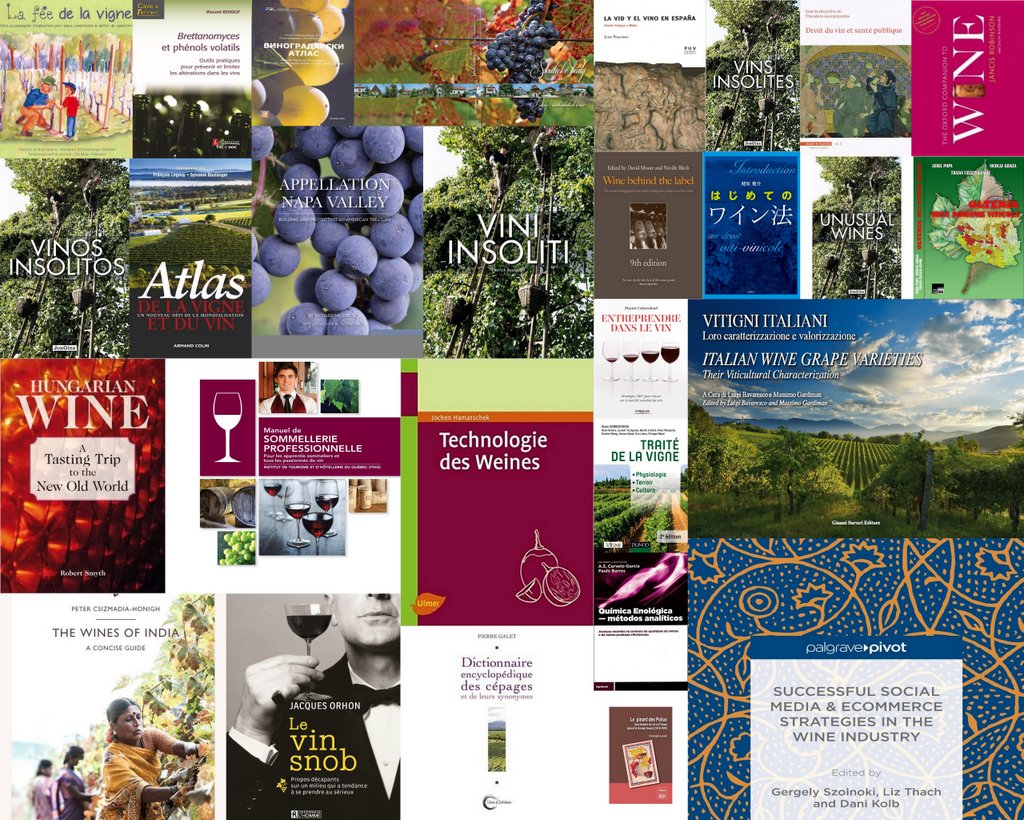

On this occasion they had a number of meetings with the ministers and representatives of OIV Member Countries present at this event.
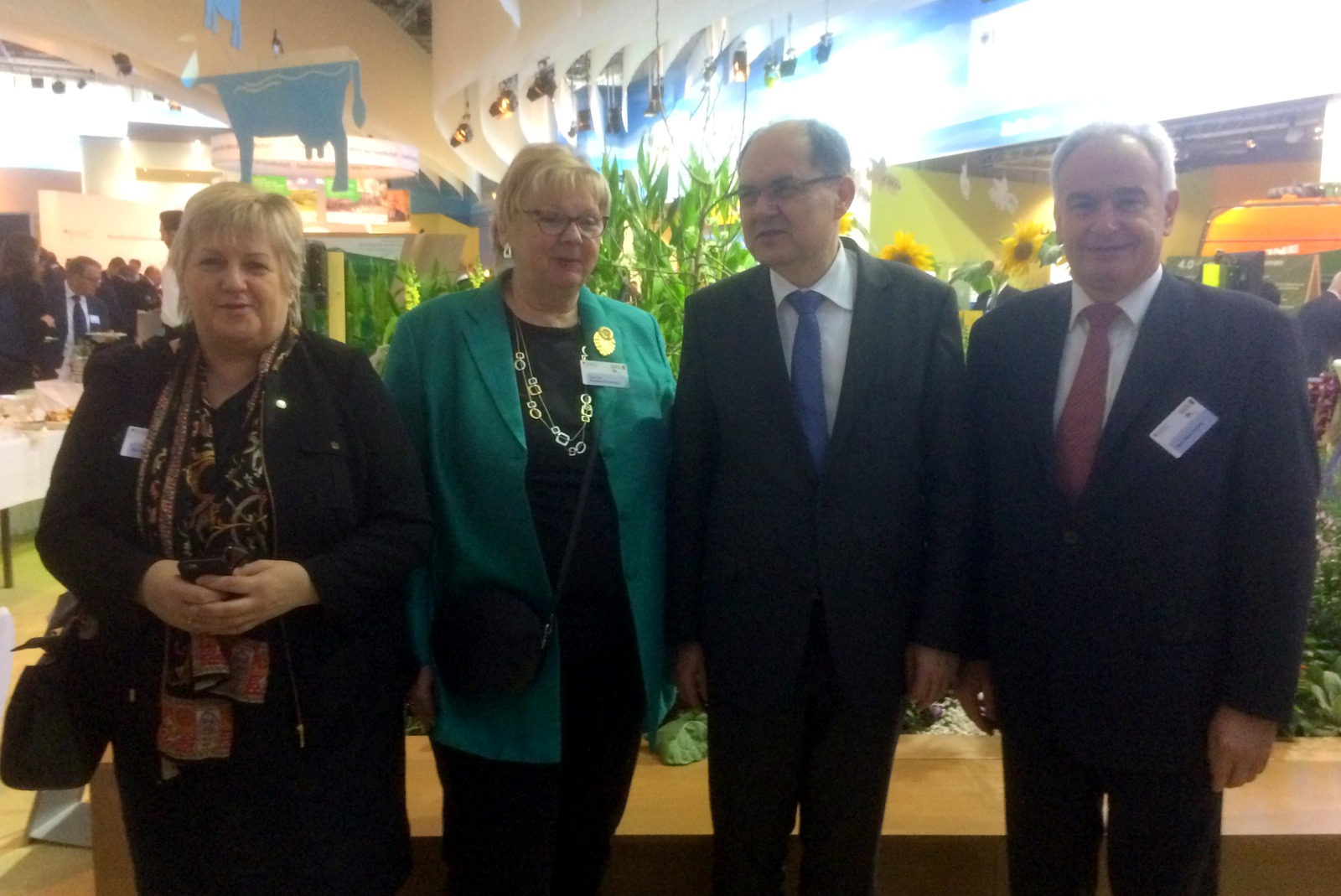
Additionally, at the initiative of Ms Kordula Kovac, member of the German Bundestag (national parliament) and also President of the "Wine Group", the OIV President and Director General again met with Mr Edmond Panariti, Albanian Minister for Agriculture. Mr Panariti confirmed having initiated the process designed to lead to the presentation of Albania's candidacy to the OIV.
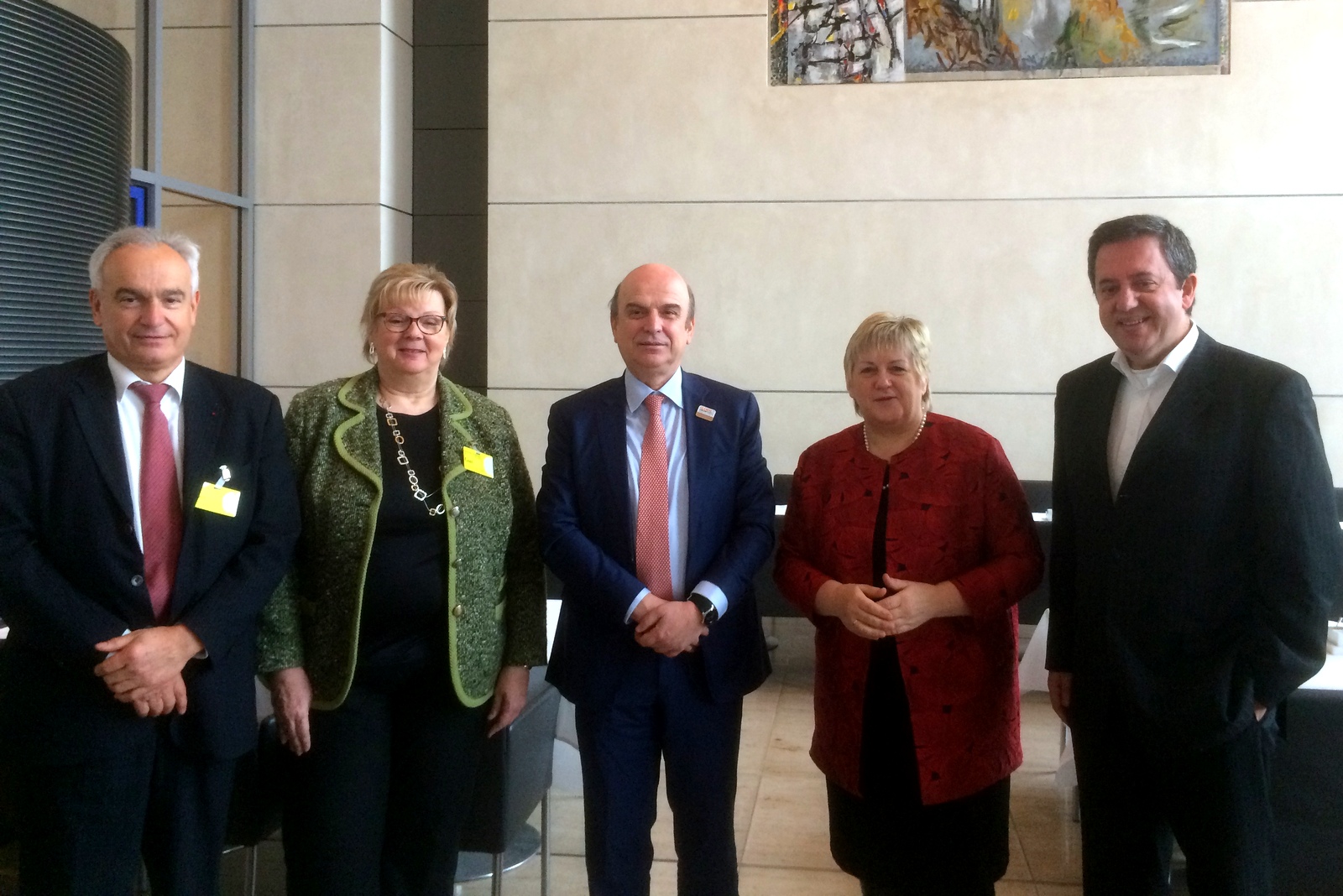
A meeting with the Japanese Ambassador in Germany, Mr Takeshi Yagi, also made it possible to present the OIV, at a time when wine consumption is developing in Japan and quality vitivinicultural production is progressively being implemented.

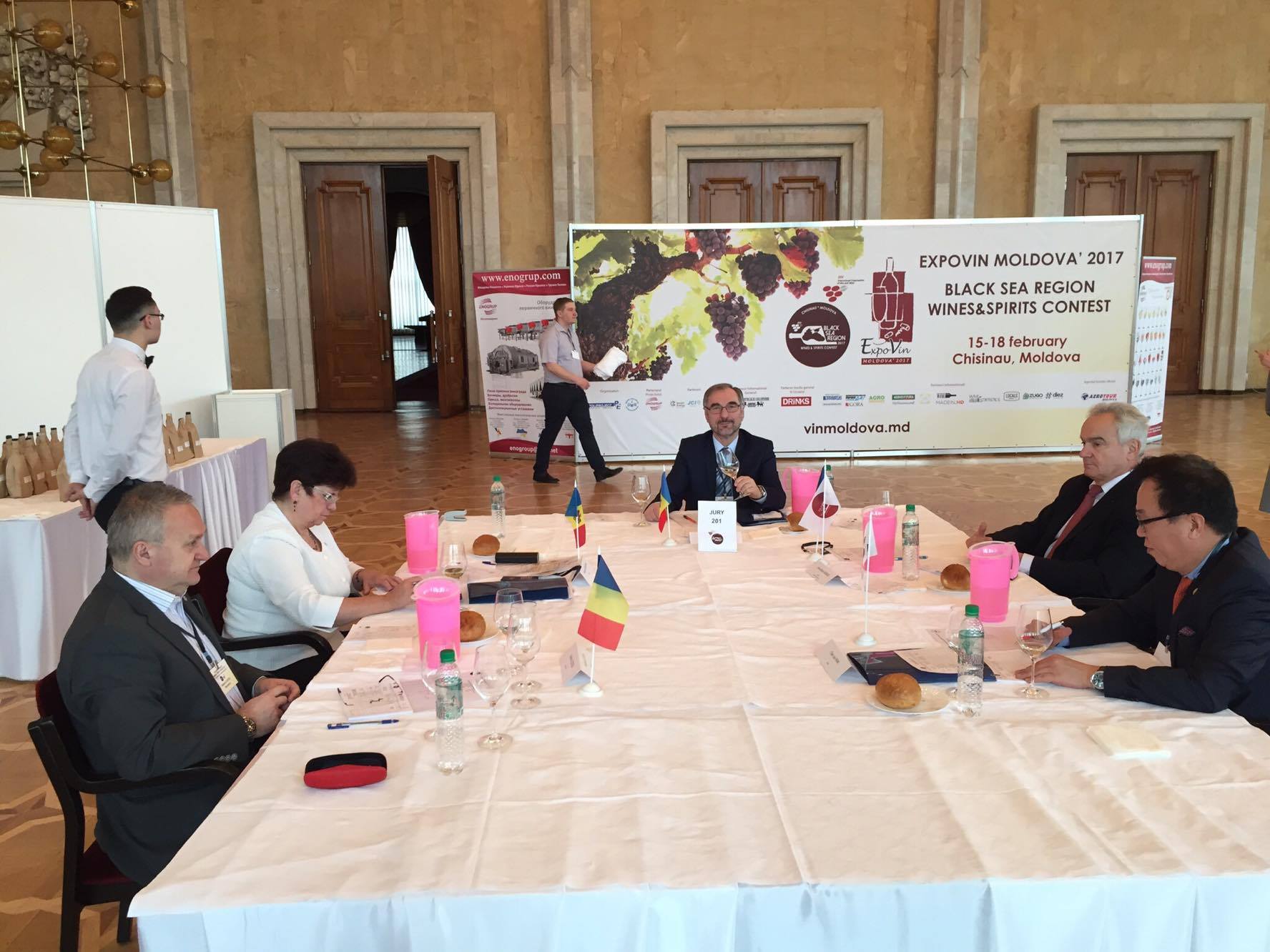
The contest was sponsored by the OIV, and featured nearly five hundred samples of wines and spirits from around fifteen different countries.
During his stay, Jean-Marie Aurand met with the Moldovan Minister for Agriculture and the Food Industry, Eduard Grama.
The latter expressed his desire to strengthen ties between his country and the OIV, while Moldova has committed to a major modernisation programme for the vitivinicultural sector. The Minister reported on the investments that had been made in vinification equipment, as well as in vineyards, with the aim of improving wine quality; he was also pleased to report the positive results obtained in exports as a result of a highly dynamic promotion strategy for Moldovan wines, led with the involvement of the Office of Wines, as well as the diversification of market outlets.
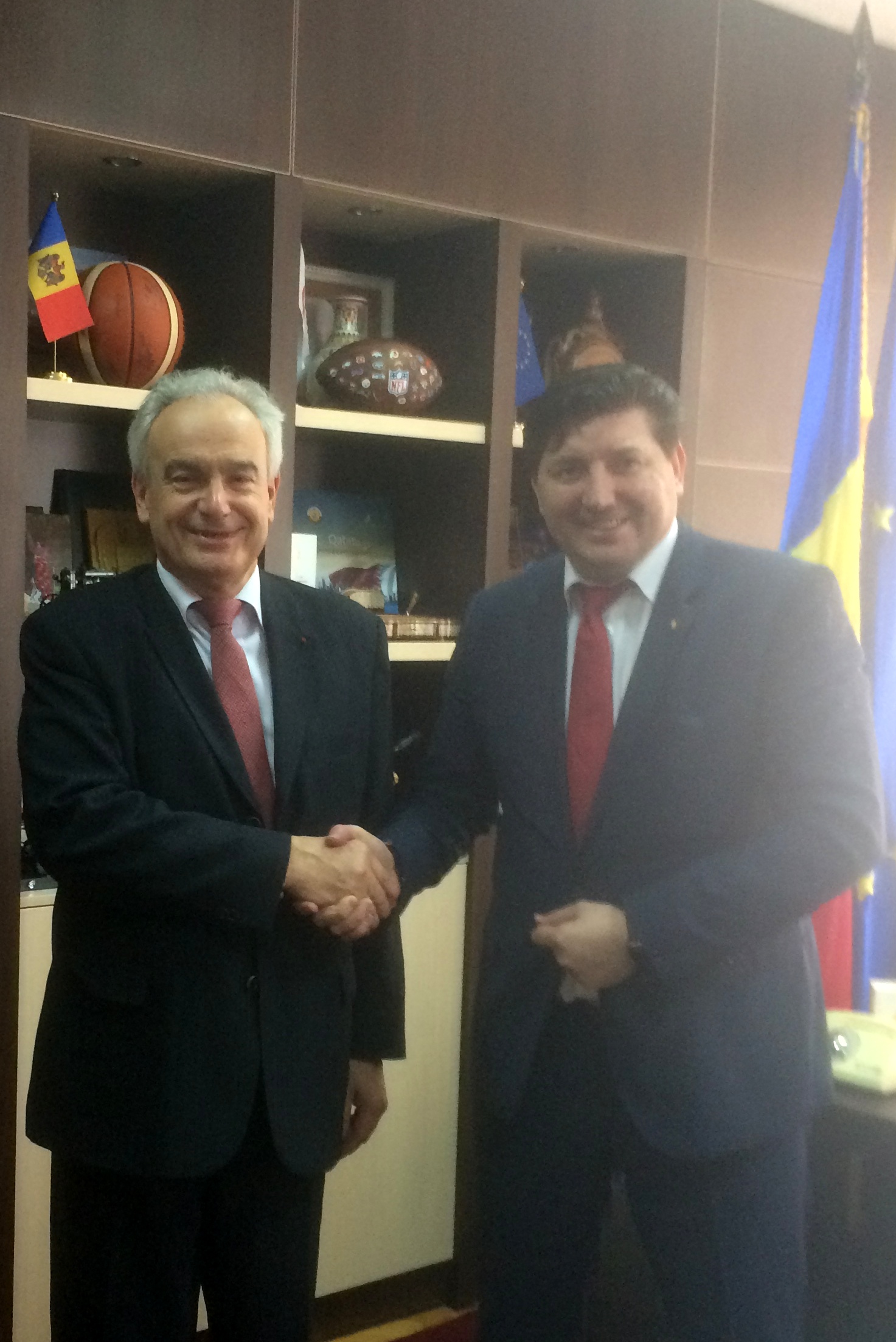
Moldova produces an average of 1.5 million hectolitres of wine per year, of which 80% is exported.
The Director General was pleased with the positive collaboration that exists between the OIV and Moldova, which was demonstrated last year when the Director of the Office of Wines was elected to the presidency of an expert group, and reiterated his commitment to an even more active participation of Moldovan expertise within the Organisation’s scientific bodies.
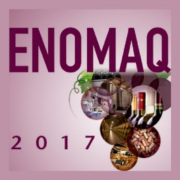
On Thursday 16 February 2017, the technical conference ENOMAQ 2017 took place at the Feria de Zaragoza exhibition centre (Spain). This conference was coordinated by La Semana Vitivinícola, and its main theme was wine and sustainability. The OIV attended the event, represented by its Vice-President Vicente Sotés, with the involvement of the head of the Viticulture Unit, Mario de la Fuente.
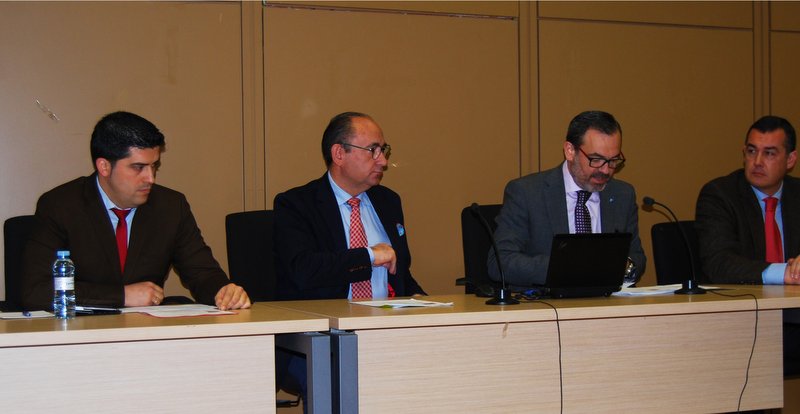
The conference, chaired by Feria de Zaragoza director Rogelio Cuairán and La Semana Vitivinícola director Salvador Manjón, benefited from the involvement of researchers from a variety of universities and research centres, as well as the Federación Española del Vino (Spanish Wine Federation) which was represented by its Deputy Secretary General, Susana García. Technicians, producers, wineries and wine industry professionals, students and others also participated in the event, which gathered around 150 participants.
The presentations were organised into three thematic groups: Viticulture, Oenology and Wine Marketing.
A total of seven talks were given, dealing with integrated and sustainable vineyard management, the use of new varieties resistant to fungal diseases (including a case study from a winery), key elements and new technologies for sustainability in wineries, the price of sustainable wines and certifications for different types of wine.
These talks contributed substantially to the technological transfer of these advancements to the vitivinicultural sector and, in particular, to the understanding of the concept of sustainability and its potential practical application within vitivinicultural enterprises.
Sustainable vitiviniculture is a priority for the OIV, as evidenced by the promotion of sustainable viticulture within one of its five strategic axes for the 2015-2019 Strategic Plan. Understanding ‘sustainability’ to include everything surrounding it, since 1997 the OIV has been working on a variety of resolutions: in integrated production (VITI 1/1999; CST 2004); in the conservation of diversity (VITI 01/2002); in organic production (ECO 460/2012) and, of course, in sustainable production, with the resolution on the development of sustainable vitiviniculture (CST 2004); the guidelines for sustainable vitiviniculture (CST 2008) and the specific guidelines for sustainable viticulture adapted to table grapes and raisins (VITI 422/2011).
When dealing with sustainability in the wine sector, it is essential to bear in mind that it must be carried out on the basis of four fundamental pillars: environmental, social (safety and food hygiene), cultural and economic. Recently, at its General Assembly in Bento Gonçalves (Brazil, November 2016), the OIV adopted the “OIV General Principles of Sustainable Vitiviniculture - Environmental - Social - Economic and Cultural Aspects”, in the form of its resolution CST 518/2016, which allows us to distinguish between the general principles of sustainability and the production methods that fully or partially incorporate these principles.
Sustainable initiatives require planning, monitoring and assessment of knowledge. It is a constantly-evolving process and, as such, it requires continuous evaluation and improvement.
This is why in 2015, as part of its work plan, the OIV decided to restructure its working groups, creating the multi-disciplinary horizontal group “Sustainable Development and Climate Change (ENVIRO)”.
As a result, various sustainability-related initiatives are now underway as part of the work of this Expert Group, such as:
- CSR: corporate social responsibility (ISO 26000), adaptation to vitiviniculture (draft resolution CST 13-530),
- protocols and recommendations on GHG calculation,
- recommendations for sustainable water management (draft resolution VITI-TECVIT 16-569) and on the methodology to be applied when calculating water footprints,
- good practices or reasonable pesticide use in viticulture (draft resolution VITI-PROTEC 16-592),
- functional biodiversity,
- conservation of varieties and selection processes (draft resolution VITI 14-564),
- management of by-products in viticulture,
- resilience and climate change: strategies for adapting the vitivinicultural sector to climate change.
All of these topics were covered to a greater or lesser extent during the talks and, although many questions and challenges remain going forward, the OIV hopes to play a leading role and to be able to continue working together towards more sustainable vitiviniculture.
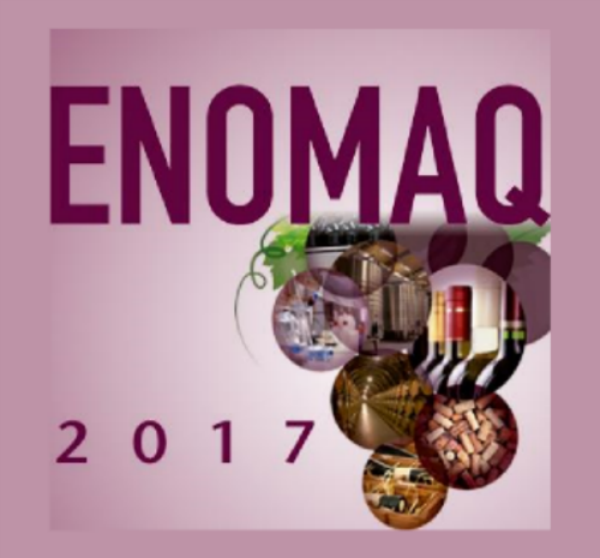
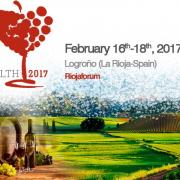
Presided by Professor Rosa María Lamuela-Raventós and Professor Ramon Estruch from the University of Barcelona, the meeting was a great success, with over 200 participants including, scientists, health professionals, journalists, and some winery representatives who attended the various conference sessions. The sessions were very dynamic and of the highest quality, which was evident by the high participation during the question periods as well as the many requests for the transcript of the sessions afterwards.
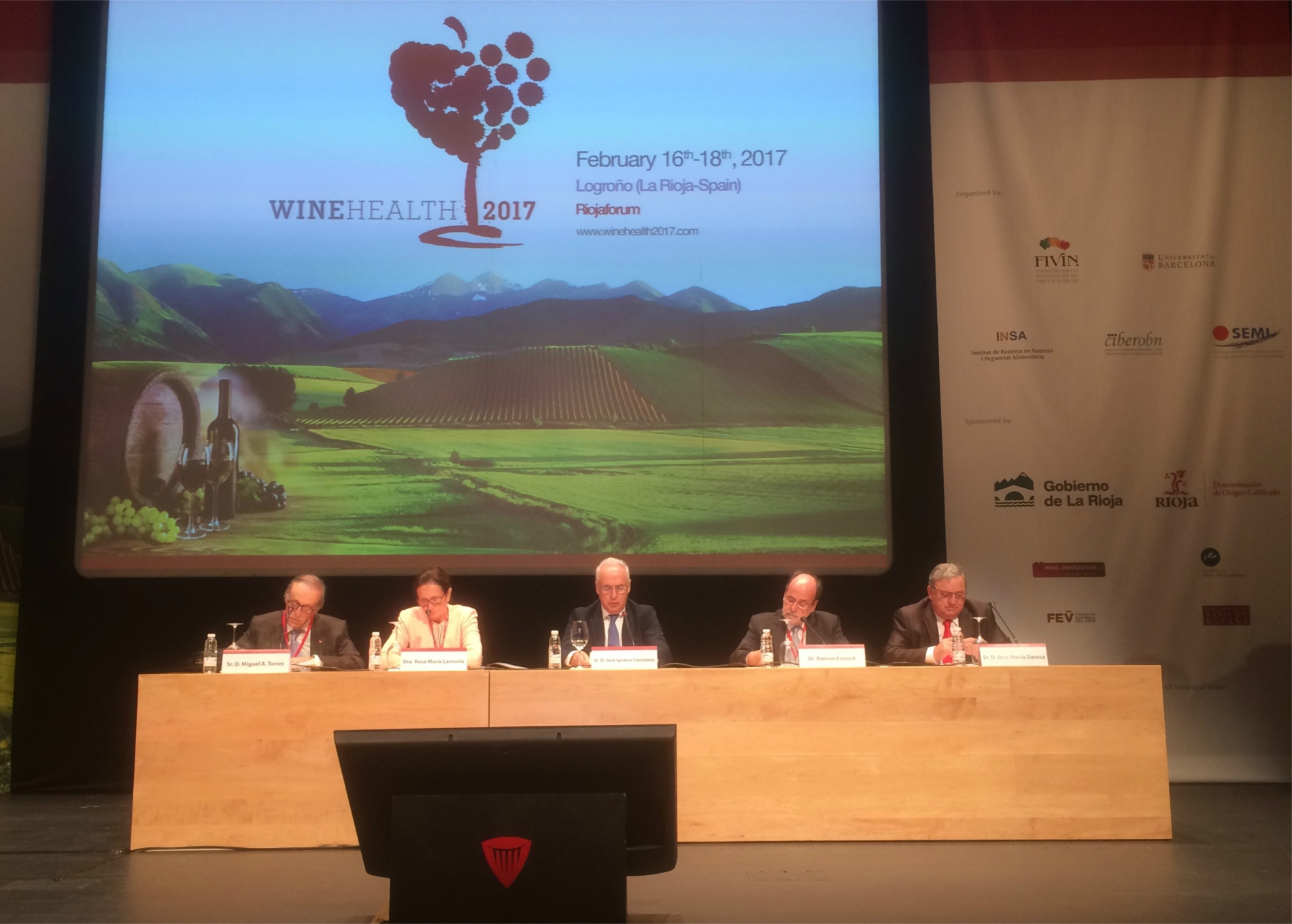
Numerous technical communications presented by well-known scientists coming from Europe, USA and South Africa have summarised the different effects of wine consumption on health. If moderate wine consumption is known to provide some beneficial effects several issues remain to be solved.
On this occasion, Jean-Claude Ruf, scientific coordinator of the OIV, highlighted the main issues and the role of the OIV in this context.
The next Wine and Health Meeting (probably in 2019) will be organized by Prof. Andrew Waterhouse in California (USA).
To Consult:
Closing remarks from Professor Rosa María Lamuela-Raventós
